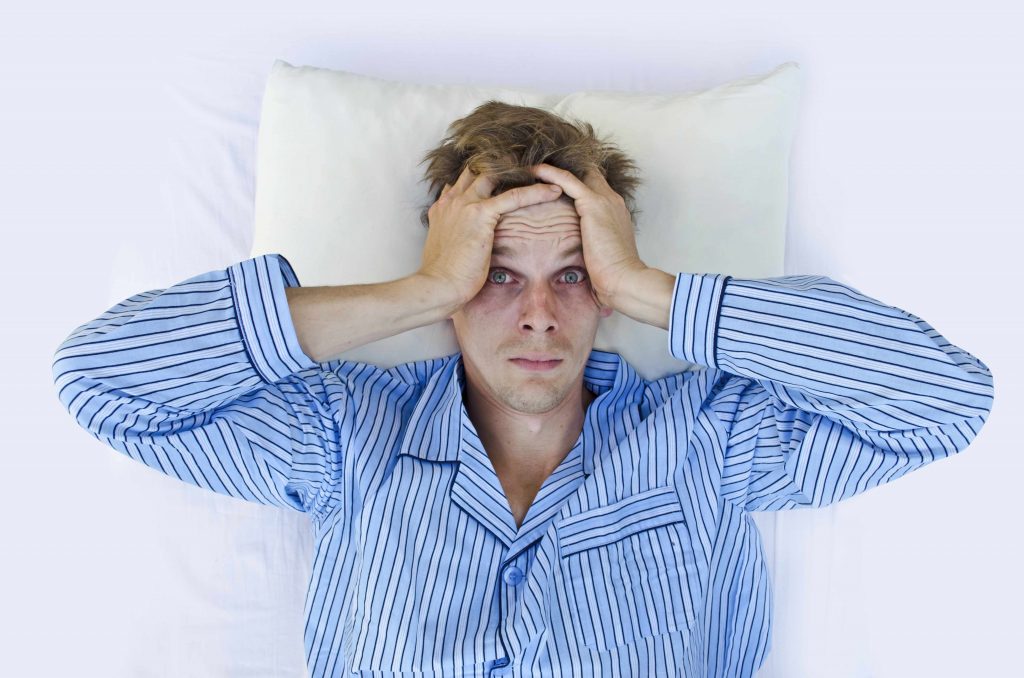-
Featured News
Mayo Clinic Q and A: Still sleepy every morning? You may need a sleep test
 DEAR MAYO CLINIC: I get between eight and nine hours of sleep most nights but still feel groggy in the morning. Would a sleep study help me figure out why I’m never rested?
DEAR MAYO CLINIC: I get between eight and nine hours of sleep most nights but still feel groggy in the morning. Would a sleep study help me figure out why I’m never rested?
ANSWER: A sleep test may be beneficial. However, before you seek medical attention, consider several things about sleepiness. The most common cause of sleepiness is not sleeping long enough. Getting enough restful sleep is crucial for maintaining good health. Research over the past decade has shown that healthy sleep is just as important as exercising regularly and eating a healthy diet. Most adults need between seven and nine hours of quality sleep to reap the health benefits.
When you don’t get enough sleep, over time it can have serious health consequences. For example, a consistent lack of healthy sleep can raise your risk for high blood pressure and heart disease. People who don’t get enough sleep have more difficulty staying at a healthy weight than those who do sleep well. Not getting adequate sleep also may increase a person's risk of depression, anxiety and substance abuse.
An interesting website put together by the Centers for Disease Control and Prevention website shows by city the proportion of adults who do not get at least seven hours of sleep. To learn more and to see if your city is listed, go to cdc.gov/500cities, and choose the category “unhealthy behaviors” and the measure “sleep.”
While getting enough sleep is important, a regular sleep and wake pattern also is key. Recent studies show that an irregular schedule, such as when you go to bed and wake up later on weekends than weekdays, is associated with poorer health, worse mood, and increased sleepiness and fatigue. Some studies show that this pattern of sleep, sometimes called “social jet lag,” is associated with increased likelihood for heart disease. Keeping a regular sleep and wake schedule, along with sleeping at least seven hours per night, helps improve sleep quality and effectiveness.
In a situation like yours, where you feel like you’re getting plenty of sleep but don’t feel well-rested in the morning, it’s possible that your morning grogginess could be a symptom of a treatable sleep disorder. Make an appointment to see a health care provider who specializes in sleep medicine. He or she can provide you with a comprehensive assessment of your situation that includes a discussion of your symptoms, a review of your medical history and a thorough physical exam.
Based on that evaluation, specific tests might be helpful. Those tests may or may not include a sleep study. If a sleep study is recommended, it may be conducted in a lab where you are monitored throughout the study. This type of sleep test is called a polysomnogram. It involves monitoring brain waves, muscle tone, airflow, blood oxygen level, heart rate and breathing during sleep. At other times, a home sleep apnea test can provide the needed information.
Seek care from a sleep center accredited by the American Academy of Sleep Medicine. Your health care provider will be able to help decide the best test for you and, then, based on the test results, establish your diagnosis. If you do need treatment for a sleep disorder, your health care provider can help you choose a treatment plan that will work best to accomplish your goals. Health care providers who are board-certified in sleep medicine are specially prepared to help you get the treatment you need and help you start feeling better. — Dr. Timothy Morgenthaler, Center for Sleep Medicine, Mayo Clinic, Rochester, Minnesota







